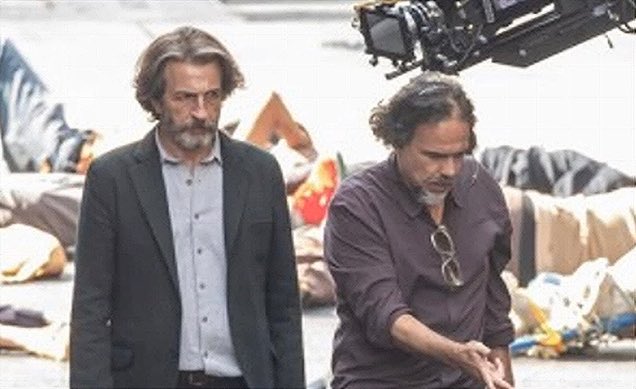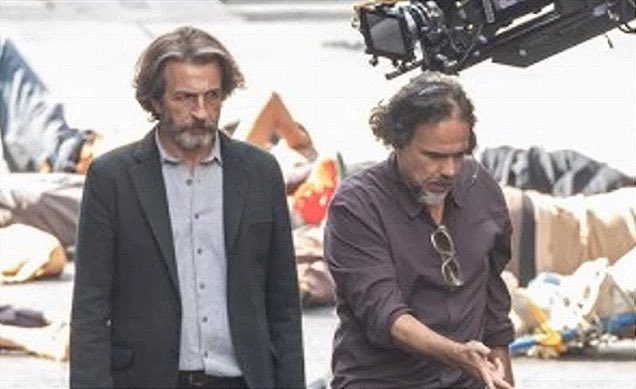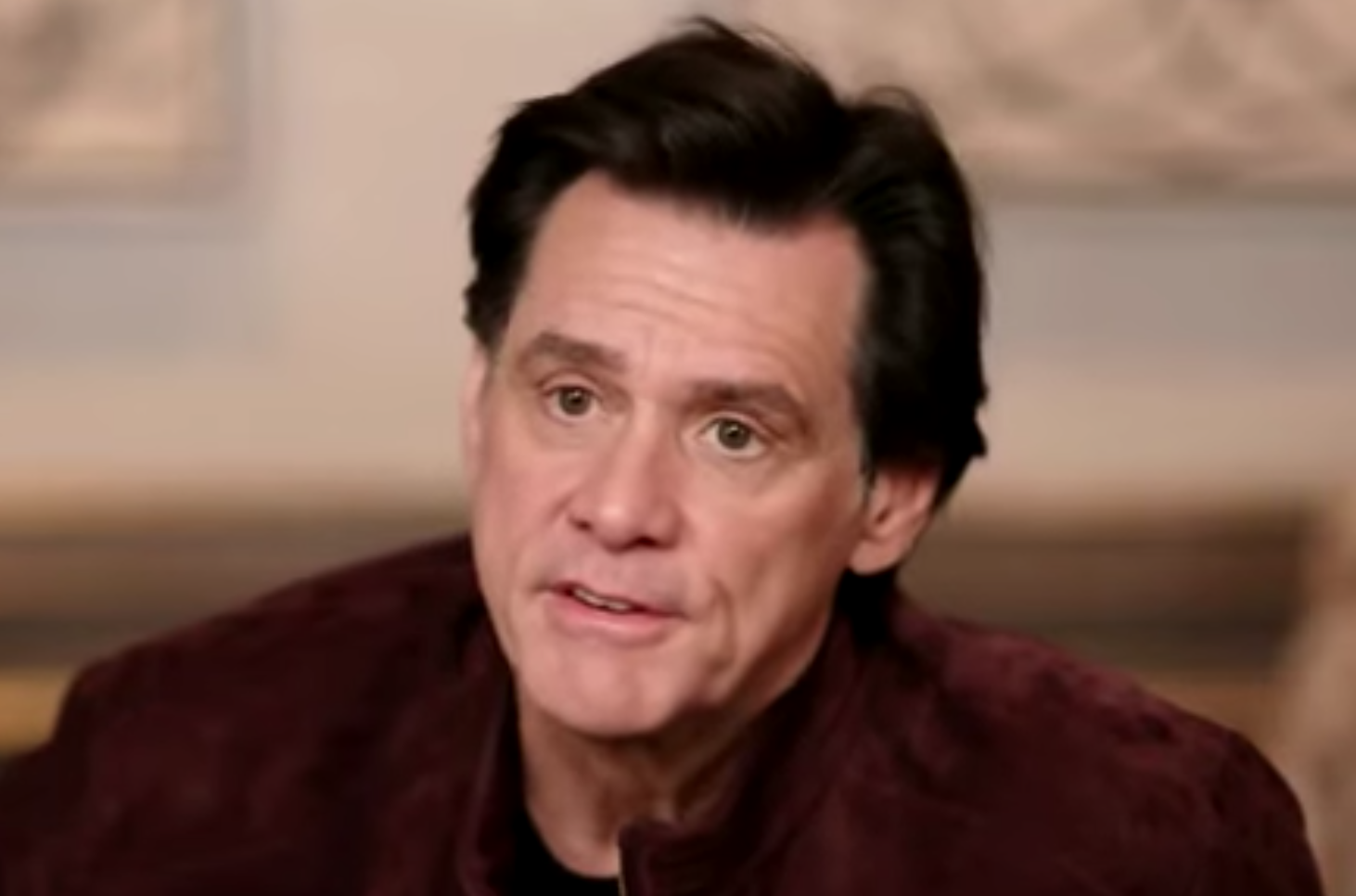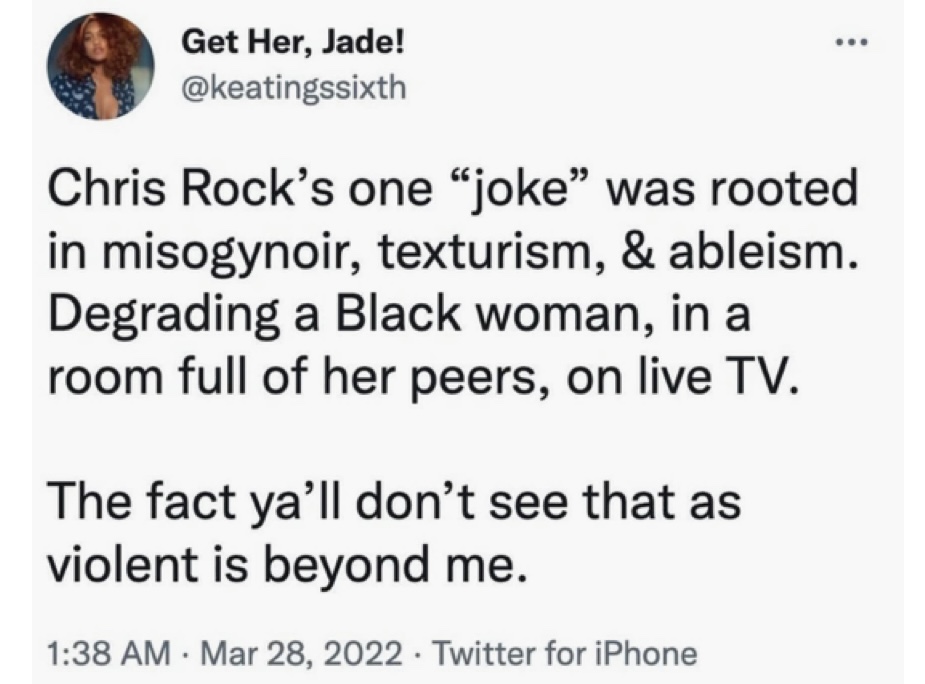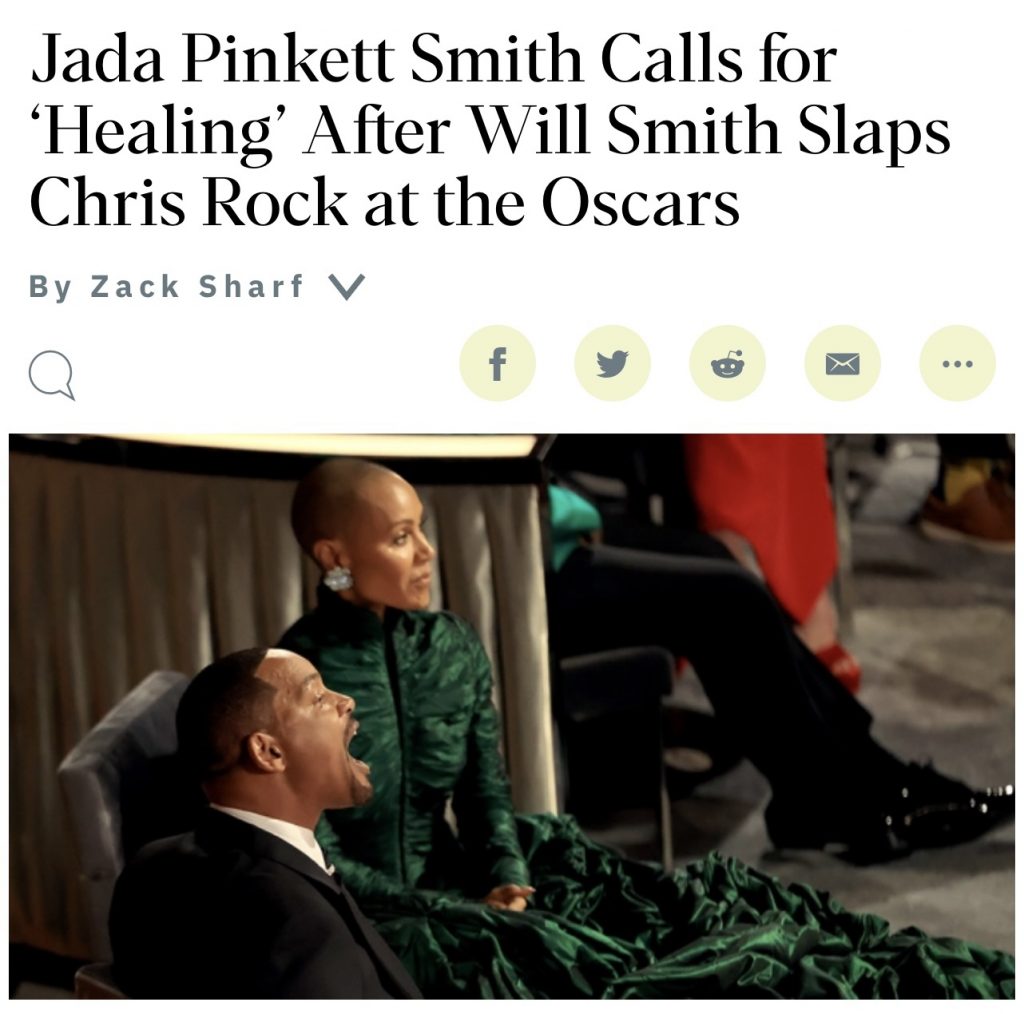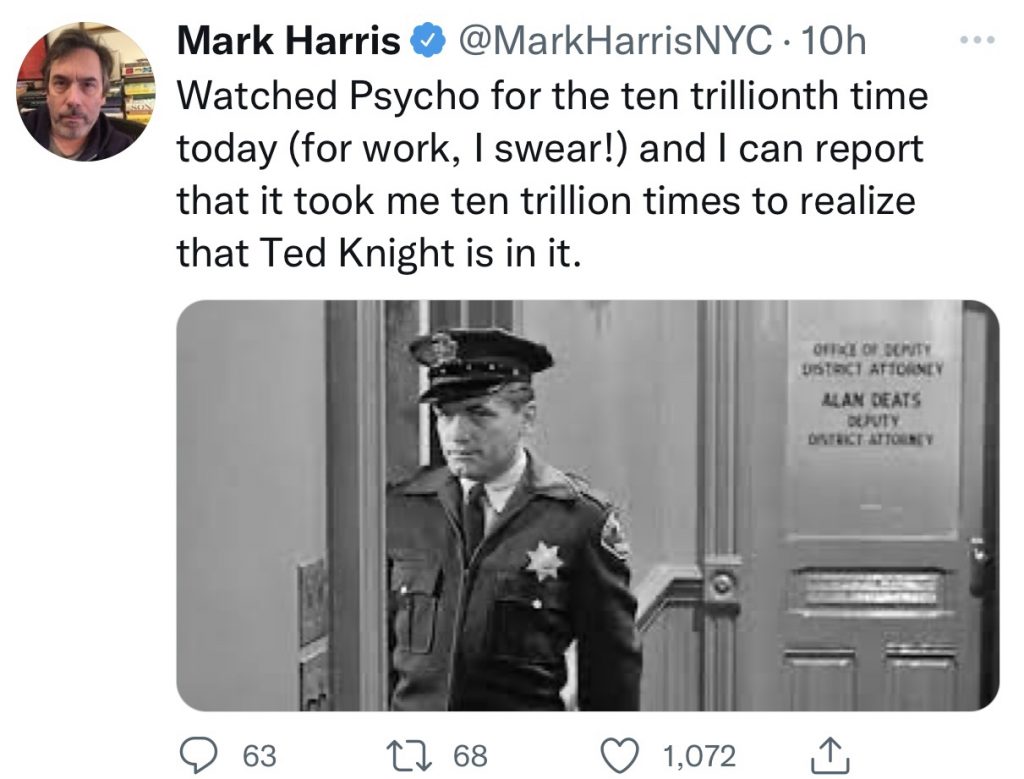According to a 3.28 New Yorker interview, Robert Eggers‘ The Northman is in some kind of compromised state. It’s a complex tale, but just read Sam Knight’s article and try to piece it together in your head.
Here’s the short Jordan Ruimy version of what seems to be going on.
Key quote: “Eggers [has] described the editing process as the most painful experience of his life. ‘Frankly, I don’t think I will do it again,’ he said. ‘Even if it means, like, not making a film this big ever again. And, by the way, I’d like to make a film this big. I’d like to make one even bigger. But, without control, I don’t know. It’s too hard on my person.'”
Robert Eggers on #TheNorthman test screenings: “Some audience member wrote, ‘You need to have a master’s degree in Viking history to understand, like, anything in this movie.’ Like, ahhh, fuck.”
(https://t.co/qxcC8KhiiL) pic.twitter.com/mIbFq4imcj
— Film Updates (@FilmUpdates) March 28, 2022

